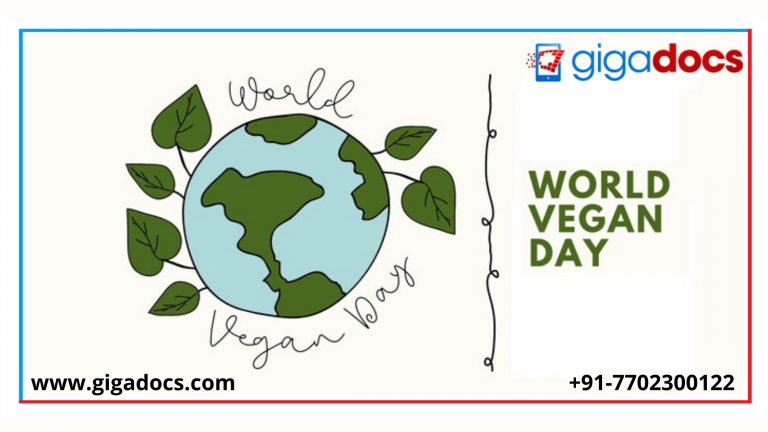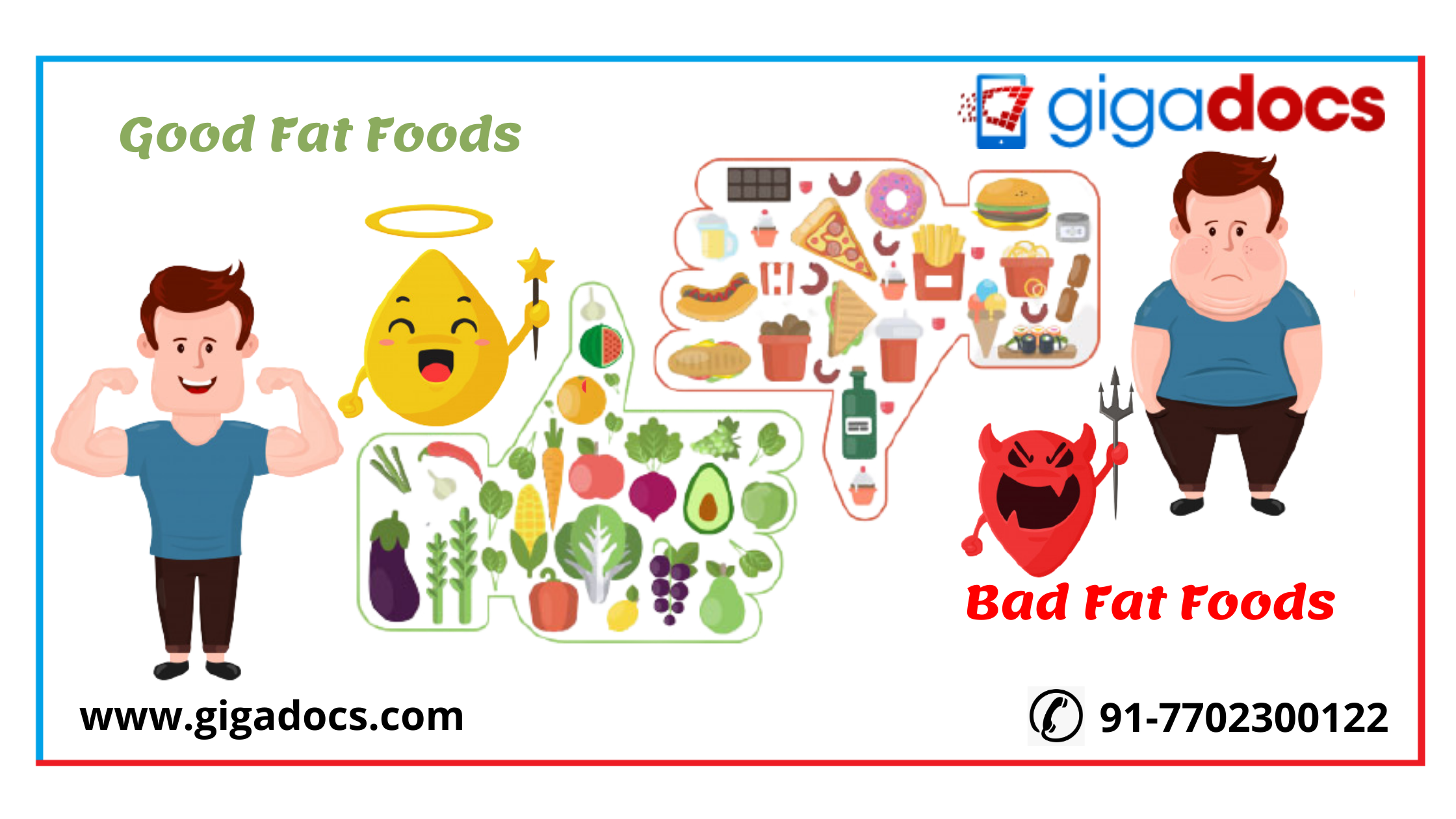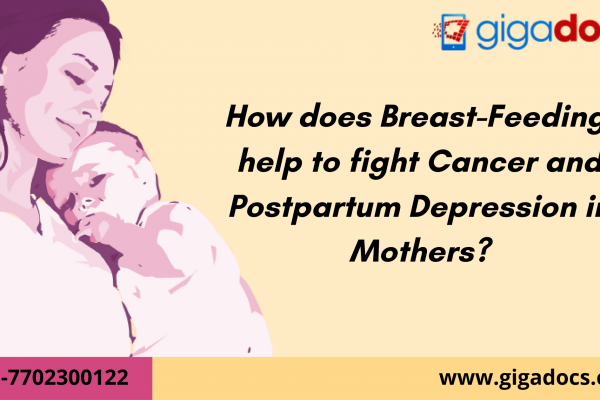If we’re talking about nutrition, either a vegan or a non-vegan diet can cover practically all of our dietary requirements if someone is invested in choosing their balanced diet. Vegan is the new sustainable food. A vegan diet is a vegetarian eating plan that excludes animal products, such as eggs, honey, and dairy products.
Veganism is more popular than ever, with 582,538 people signing up for Veganuary this year, a global campaign that urges abstaining from animal-derived foods for the whole month of January. For some, it is the start of a lifetime dedication to veganism. While some vegans adhere to the vegan diet for health reasons, others follow it for ethical purposes which include eating more sustainable foods and avoiding animal cruelty.
What is Vegan Diet?
Vegans eat more legumes, fruits, vegetables, and soy products, high in fiber, antioxidants, potassium, magnesium, folate, and vitamins A, C, and E.
While dairy products and eggs are not permitted in the diet, vegans can substitute them with tofu, almond milk, soy milk, coconut milk, rice milk, and other alternatives. Veganism can also benefits people who are allergic to dairy products. Veganism has its own set of advantages- even studies have shown that vegan food can help decrease cholesterol. The American Heart Association recommends a vegan diet to prevent coronary artery disease.
| World Vegan Day World Vegan Day is an international vegan observance started by Louise Wallis on November 1, 1994, to honor The Vegan Society’s 50th anniversary. World Vegan Day highlights animal rights. Vegans want to live in harmony with nature rather than exploit the animals we share the earth with. Vegans also forgo other goods that exploit animals. They avoid the use or wearing of leather and fur and products that have been tested on animals. |
Vegan Diet and Vitamin Deficiency
Though a vegan diet is healthy, however, it comes with its own nutritional gaps. Researchers have found that vegan diets are often deficient in calcium, which is needed for bone development, muscular contraction, and other vital activities. Vegans can supplement their calcium daily dietary requirements by consuming calcium-rich foods, including green leafy vegetables, lentils, sesame seeds, dried fruits, and calcium-fortified foods like yogurt or calcium-fortified cereal.
Vitamin B-12 Deficiency
Vitamin B-12 helps in the proper nerve functioning and the formation of blood cells. A deficiency might result in a disease known as pernicious anemia. Cobalamin is another component that may be deficient in vitamin B-12, which is often found predominantly in animal-derived diets. Although some seaweed, mushrooms, and fermented foods can provide this vital B-complex vitamin, researchers have discovered that vegans may need additional supplements for their nutrition requirements.
Vitamin D Deficiency
Vegan diets can also be deficient in vitamin D, though to be fair, so can other diets because most of your vitamin D comes from sunlight exposure. During the winter, fortified nut milk is a good source of vitamin D. However, vegans may additionally require a vitamin D supplement in some instances.
Besides, a vegan diet lacks two omega-3 fatty acids – eicosatetraenoic acid and docosahexaenoic acid. Your body requires these fatty acids for a healthy heart, eyes, and brain function. Eating foods like walnuts, soy, pumpkin, flax, or chia seeds will help increase your intake of alpha-linolenic acid, an omega-3 fatty acid. Pregnant women must consult with their healthcare professionals to ensure that they obtain adequate omega-3s during their pregnancy.
Vegan Protein and Protein Deficiency
Proteins comprise amino acids, which our body needs to maintain organs, muscles, and other vital processes.
Plant proteins typically lack one or more necessary amino acids, whereas animal proteins cover all essential amino acids. Our body does not produce amino acids on its own. Dietitians advise vegans to consume a range of vegan protein sources to ensure they get all the amino acids they require.
Vegan Diet – Protein and Essential Amino Acids Deficiency
According to a recent study, youngsters who eat a vegan diet may be deficient in essential vitamins and fatty acids. Essential amino acids are vital for children since they serve as the foundation for our cells, tissues, neurotransmitters, hormones, and DNA. There is a risk of delayed growth and development of biological functions if enough necessary amino acids are not present. Though pants can provide essential amino acids, however, some plant-based proteins must be paired and ingested regularly to meet dietary requirements because animal proteins are the only proteins that provide all 20 essential amino acids in a single diet.
Vegan Food and Vitamin Deficiency Diseases
Our body needs Vitamin A for eyesight, immunity, growth, and reproductive system development. Although plant foods contain Vitamin A, the most bioavailable form (retinol) can only be found in animal food. Children weak in vitamin D are especially vulnerable to rickets, a disorder that causes bone deformity—as a result, eating an egg or a chunk of fish once a week would offer the essential vitamins in their natural form.
Should Young Kids Be on a Vegan Diet?
Certain groups of youngsters may be more vulnerable to nutrient deficiency than others. Dairy products become an essential source of vitamin A when a youngster refuses fruits and vegetables. Many dairy replacements are not supplemented with everything that dairy offers (vitamin A, vitamin B12, calcium, iodine, protein, and so on), and parents sometimes don’t know what else to add to their children’s diet.
Children on a vegan diet are especially vulnerable to rickets, a bone deformity condition due to Vitamin D deficiency. They do not get enough nutrients and may experience delayed growth and development. Experts advise against removing healthful whole foods from your child’s diet based solely on generic nutrition information found online.
Consulting a Dietitian with Gigadocs
Although convincing children to eat healthily is a never-ending battle for many parents, it is one well worth fighting. A healthy kid forms a base for a healthy adult, which can only be achieved with parental care and support.
Nutrient deficiency can cause various illnesses in young children, including seasonal dizziness, sore throat, flu, minor colds, constipation, and diarrhea. As a result, including a healthy mix of nutrients in your children’s balanced diet ensures that they grow well and live a healthy life.
If you want your child to eat a vegan diet, you must speak with a trained dietitian to ensure your child gets all of the nutrients they need. Reach out to a digital doctor on the Gigadocs intelligent practice management E-Healthcare app and book a digital doctor for your child on the Gigadocs app, available on the Appstore and play store.
To Download Gigadocs App–
- IOS App – apple.co/2W2iG4V
- Android App – bit.ly/33AQoRC
To know more and schedule a Virtual Consultation demo, e-mail at info@gigadocs.com




